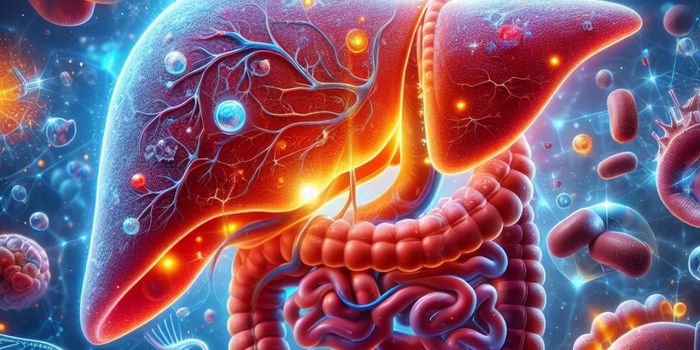First PI3K Inhibitor for Breast Cancer
The U.S. Food and Drug Administration has approved Piqray (alpelisib) tablets, to be used in conjunction with FDA-approved endocrine therapy fulvestrant for the treatment of postmenopausal women, and men, with hormone receptor (HR)-positive, human epidermal growth factor receptor 2 (HER2)-negative, PIK3CA-mutated, advanced or metastatic breast cancer.
“Piqray is the first PI3K inhibitor to demonstrate a clinically meaningful benefit in treating patients with this type of breast cancer. The ability to target treatment to a patient’s specific genetic mutation or biomarker is becoming increasingly common in cancer treatment, and companion diagnostic tests assist oncologists in selecting patients who may benefit from these targeted treatments,” said Richard Pazdur, M.D., director of the FDA’s Oncology Center of Excellence and acting director of the Office of Hematology and Oncology Products in the FDA’s Center for Drug Evaluation and Research.
“For this approval, we employed some of our newer regulatory tools to streamline reviews without compromising the quality of our assessment. This drug is the first novel drug approved under the Real-Time Oncology Review pilot program. We also used the updated Assessment Aid, a multidisciplinary review template that helps focus our written review on critical thinking and consistency and reduces time spent on administrative tasks.”
It’s important to note that metastatic breast cancer is breast cancer that has reached to other organs in the body most notably the bones, lungs, liver or brain. When breast cancer is hormone-receptor-positive, patients receive anti-hormonal endocrine therapy either alone or in combination with other medicines.
With the efficacy of Piqray and fulvestrant, it can significantly prolong progression-free survival in patients whose tumors had PIK3CA mutation.
Some common side-effects of Piqray include high blood glucose levels, an increase in creatinine, diarrhea, rash, decrease in white blood cell count in the blood, elevated liver enzymes, nausea, fatigue, low red blood cell count, increase in pancreatic enzymes, decreased appetite, stomatitis, vomiting, weight loss, low calcium levels, and hair loss.
Source: FDA









